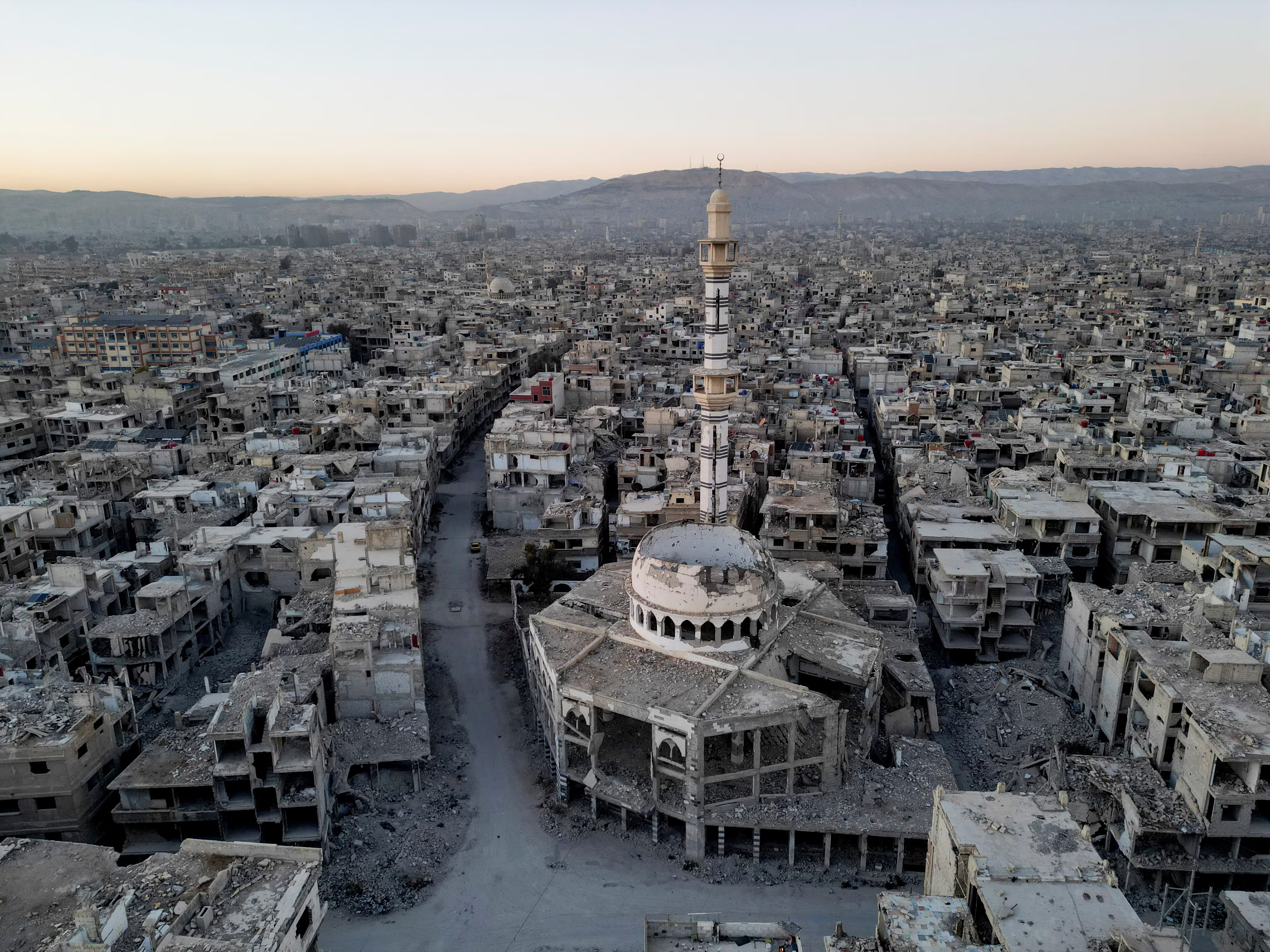Antonio Gramsci’s adage that “the old is dying, and the new cannot be born; in this interregnum, a great variety of morbid symptoms appear” is painfully apt for the Arab world. Trapped in cycles of revolt, the region replaces one tyranny with another, endlessly recycling power under the guise of change while contending with the relentless pressures of global rivalries. If the region was once under the iron fist of statist authoritarianism, it is now the perpetual ‘revolution’ itself that seems to be its bane: a morbid banalisation of revolutionary change itself.
If Western powers once propped up autocrats in defiance of the people's will, they now appear to champion disenchanted masses — a grotesque contradiction, symptomatic of an empire in dissolution. Recently, as December crept into the war-ravaged Middle East, the world was met with a familiar spectacle, this time in Syria: jubilant crowds filling the streets, storming palaces and firing guns to mark the fall of another autocrat. It was a textbook scene of chaos, emblematic of late-modernity politics played out under the looming shadow of neoliberalism.
Yet again, another Arab nation looked set for a changing of the guard and a new flag, only for the dust to settle on a return to ‘business as usual’ – the eventual ‘return to normal’. Against the backdrop of celebrations and cautious hopes, Syrian rebel leader Ahmed al-Sharaa, also known as Abu Mohammed al-Jolani, emerged in an unexpected guise, donn.









































